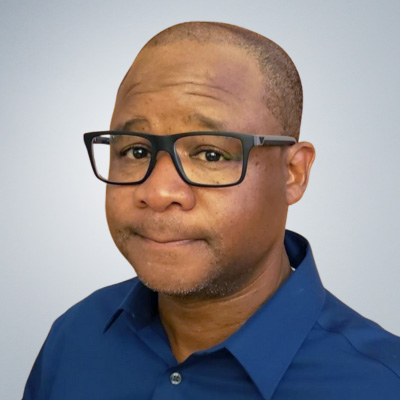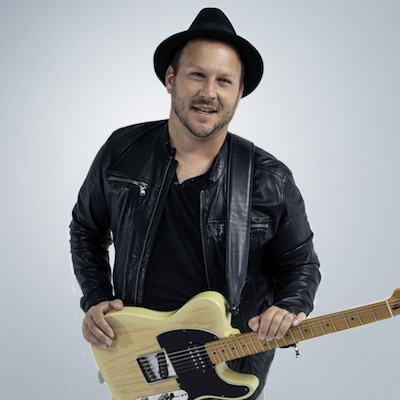

Marijuana Psychosis
Marijuana psychosis, also known as cannabis-induced psychosis, refers to a condition where the use of marijuana (cannabis) triggers psychotic symptoms or a psychotic episode in an individual. Psychotic symptoms involve loss of touch with reality and can include hallucinations, delusions, disorganized thinking, and impaired perception.
While marijuana is generally considered to be a relatively safe drug compared to substances like alcohol or opioids, it does have the potential to cause adverse effects, particularly in susceptible individuals. The exact mechanisms by which marijuana can induce psychosis are not fully understood, but it is believed to involve the interaction between the active compounds in marijuana, such as THC (delta-9-tetrahyocannabinol), and the brain’s neurotransmitter systems.
Marijuana-Induced Psychosis Risk
Research suggests that individuals who have a person or family history of mental health disorders, particularly psychosis-related disorders like schizophrenia, are at a higher risk of experiencing marijuana-induced psychosis. Additionally, heavy and frequent use of high-potency marijuana or the use of marijuana at a young age may also increase the risk.
Not everyone who uses marijuana will develop psychosis. The majority of marijuana users do not experience psychotic symptoms. However, for those individuals who are susceptible, marijuana can act as a trigger for psychosis or exacerbate existing psychotic symptoms.

If someone experiences symptoms of marijuana psychosis or any other form of drug-induced psychosis, it is crucial to seek medical attention promptly. Treatment typically involves discontinuing marijuana use and providing appropriate medical care and support. In some cases, antipsychotic medications may be prescribed to manage symptoms.
Prevention is key in mitigating the risk of marijuana-induced psychosis. It is advisable for individuals with a personal or family history of psychotic disorders to avoid or minimize marijuana use. Additionally, using marijuana in moderation and opting for strains with lower THC content may help reduce the risk of adverse psychological effects.
Join the Journey to Healing
Begin Your Journey to a Brighter Life, Free from Mental Health Struggles! Call us today.


















